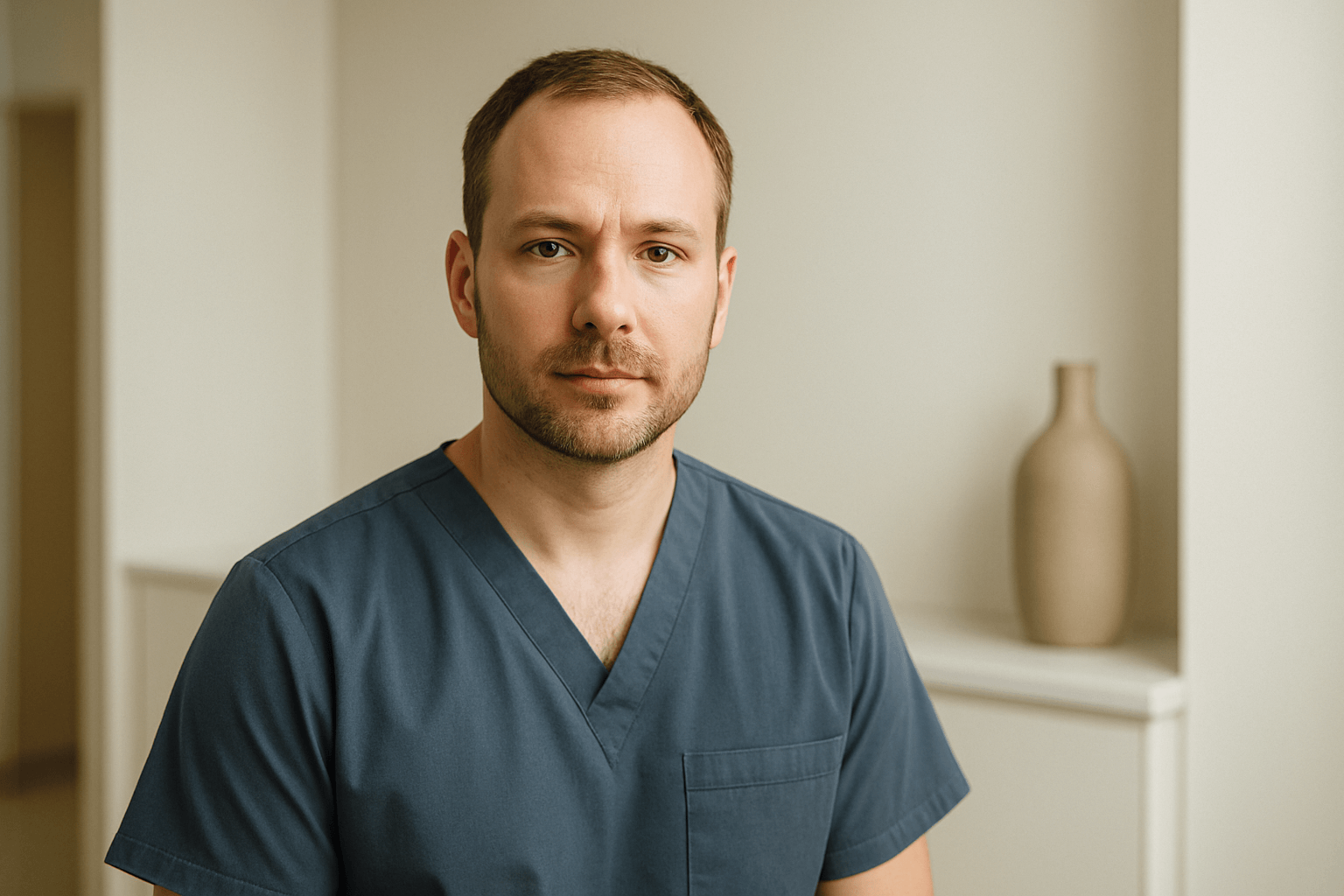Losing weight is one of the most common health goals, but most diets fail in the long run. Fad diets promise quick results but often lead to yo-yo weight fluctuations, nutritional deficiencies, and frustration. On the other hand, medical weight loss programs, supervised by physicians, provide personalized, science-backed solutions that focus on long-term success.
If you’re tired of short-term fixes that don’t last, this guide breaks down why medical weight loss outperforms fad dietsevery time.
TLDR – Quick Guide
- Fad diets often involve severe calorie restriction, food group elimination, or quick-fix trends that lead to temporary weight loss and eventual regain.
- Medical weight loss programs are physician-supervised and focus on individualized treatment, metabolic health, and sustainable weight management.
- Unlike fad diets, medical weight loss addresses hormonal imbalances, metabolism, and underlying health conditions.
- FDA-approved medications, lifestyle coaching, and nutritional guidance make medical weight loss more effective than diet fads.
- The goal is long-term health, not just shedding pounds quickly.
The Problem with Fad Diets
Fad diets come and go, but they all share similar red flags:
1. Extreme Calorie Restriction
Many fad diets drastically cut calories, forcing the body into starvation mode. This leads to:
- Slower metabolism, making it harder to keep weight off.
- Muscle loss instead of fat loss.
- Increased cravings and binge eating once the diet ends.
2. Elimination of Entire Food Groups
Diets like keto, paleo, or juice cleanses often cut out major nutrients like carbohydrates or fats, leading to:
- Nutrient deficiencies that impact overall health.
- Low energy levels due to lack of balanced nutrition.
- Difficult long-term adherence, causing weight regain.
3. Rapid Weight Loss, but No Sustainability
Fad diets often produce quick results, but most people regain the weight because:
- They don’t address metabolism or long-term habits.
- They’re difficult to maintain in real life.
- They ignore underlying health issues, like insulin resistance or thyroid disorders.
Fad diets focus on short-term weight loss, not long-term health, which is why they fail for most people.
What is Medical Weight Loss?
Medical weight loss is a physician-supervised program that focuses on sustainable fat loss and overall health improvement. Instead of a one-size-fits-all approach, it uses science-backed methods to create a customized plan based on your unique needs.
Key Components of Medical Weight Loss
- Metabolic Testing & Blood Work
- Identifies hormonal imbalances, thyroid issues, and metabolic factors.
- Helps determine the best caloric intake and macronutrient balance for your body.
- FDA-Approved Medications (If Needed)
- Prescription medications like GLP-1 agonists (Wegovy, Ozempic), phentermine, or Contrave can help regulate appetite and metabolism.
- Only prescribed after a full medical evaluation to ensure safety.
- Personalized Nutrition Plan
- Designed by physicians, dietitians, or nutritionists based on your metabolism and lifestyle.
- Focuses on nutrient-dense meals rather than extreme restrictions.
- Behavioral & Lifestyle Coaching
- Helps retrain eating habits for long-term success.
- Addresses emotional eating, stress, and lifestyle triggers that contribute to weight gain.
- Exercise Guidance
- Focuses on realistic activity levels based on your fitness level and health conditions.
- Incorporates strength training and cardiovascular exercise for fat loss and muscle preservation.
This multi-faceted approach helps people lose weight safely and keep it off permanently.
Medical Weight Loss vs. Fad Diets: Key Differences
| Feature | Medical Weight Loss | Fad Diets |
| Supervision | Physician-guided | No professional oversight |
| Customization | Tailored to individual health needs | One-size-fits-all approach |
| Sustainability | Focuses on long-term success | Short-term weight loss only |
| Metabolism Support | Adjusts based on metabolic rate | Slows metabolism due to restriction |
| Medication Options | FDA-approved if needed | No medical evaluation |
| Risk of Regaining Weight | Low (behavior-focused) | High (yo-yo dieting effect) |
Medical weight loss is backed by science, while fad diets are often built on trends, myths, or marketing hype.
Who Should Consider Medical Weight Loss?
Medical weight loss is ideal for individuals who:
- Have tried and failed multiple diets in the past.
- Struggle with hormonal weight gain (PCOS, menopause, thyroid conditions).
- Want a long-term, sustainable approach to weight management.
- Need medical supervision to safely lose weight.
- Are considering weight-loss medications as part of their journey.
If you want lasting results without the frustration of failed diets, medical weight loss could be the right solution.
Key Takeaways
- Fad diets are short-term solutions that often lead to nutrient deficiencies, muscle loss, and weight regain.
- Medical weight loss is customized, physician-supervised, and focuses on sustainable fat loss.
- Metabolic testing, personalized nutrition, FDA-approved medications, and lifestyle coaching make medical weight loss more effective than diet fads.
- Long-term health and metabolism support ensure lasting results, unlike extreme diet trends.
- If you’ve struggled with weight loss, a medical weight loss program can provide a safer, more sustainable pathto reaching your goals.
FAQs
1. How is medical weight loss different from traditional dieting?
Medical weight loss focuses on personalized care, metabolic health, and physician supervision, while traditional diets rely on generic calorie-cutting methods.
2. Are weight-loss medications safe?
When prescribed by a doctor, FDA-approved medications like Wegovy, Ozempic, and phentermine can be safe and effective for the right candidates.
3. Will I need to follow a strict diet in a medical weight loss program?
No. The focus is on balanced, sustainable eating habits, rather than extreme restrictions or food group eliminations.
4. How quickly can I expect results with medical weight loss?
Results vary, but most people see steady, sustainable weight loss over several months rather than rapid fluctuations.
5. Is medical weight loss covered by insurance?
Some medical weight loss services, especially consultations and certain medications, may be covered by insurance. It’s best to check with your provider.







